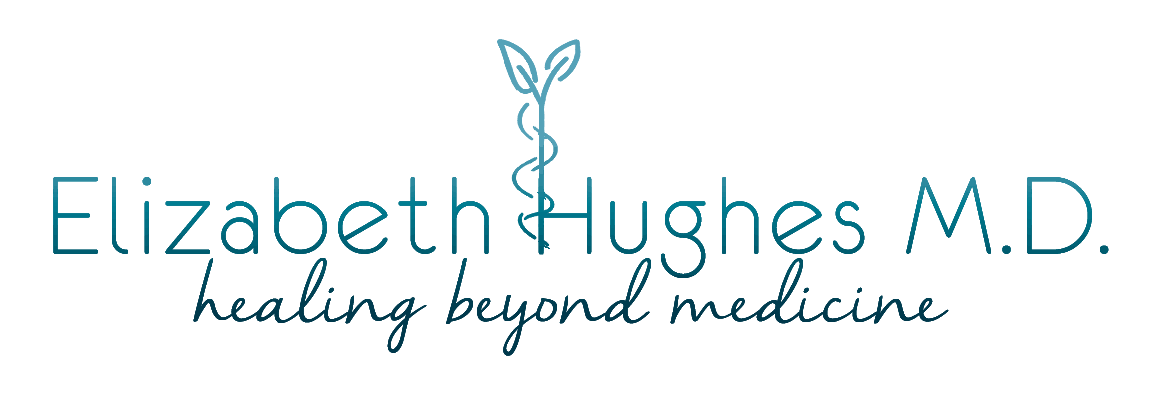Why Your Doctor Doesn’t Know About the Greatest Threat to Your Health

In my last post, I talked about the ways loneliness ruins your health. I suspect the statistics I quoted were a complete surprise. Chances are you’ve never heard anything about the effects of loneliness on your health. When you see a doctor for your annual check up, typically you answer a list of questions about your diet and exercise and smoking, but no one asks you about your friendships.
That’s because doctors don’t know.
Despite the abundant evidence on the dangers of loneliness and the benefits of friendship, doctors are never taught these facts. When I speak to groups of doctors about this topic, they tell me it’s brand new information.
Why? Why is such vital health information not known by the very people who are supposed to protect and restore good health? I’m not sure, but I can make a guess.
During our training, we doctors are taught to think of the body as a machine — a complicated one, to be sure — which acts and functions on its own. We learn to think of the body in terms of numbers and actions, things which can be seen and measured. Our view of how the body works is skewed by this mechanical approach. We’re not taught to appreciate the role which non-tangible elements, such as emotions or interpersonal connections, play in our health. In fact, questions like these are considered “soft science,” somehow lesser in importance than other types of research.
For instance, we can quantify how much blood a heart pumps, and track the electrical charges which course through the heart muscle as it contracts, but there’s no measure for how many people one heart has touched. Or the strength of the connections between people.
Which is a problem, because there’s mounting evidence that the strength of the connections a person is more important in determining a person’s health than the strength of the heart muscle itself.
Next time you see your doctor, do her a favor: tell her about the importance of social connections. Refer her to some scientific articles here and here and here. Because we all need our doctors to protect our health, in any way they can.

